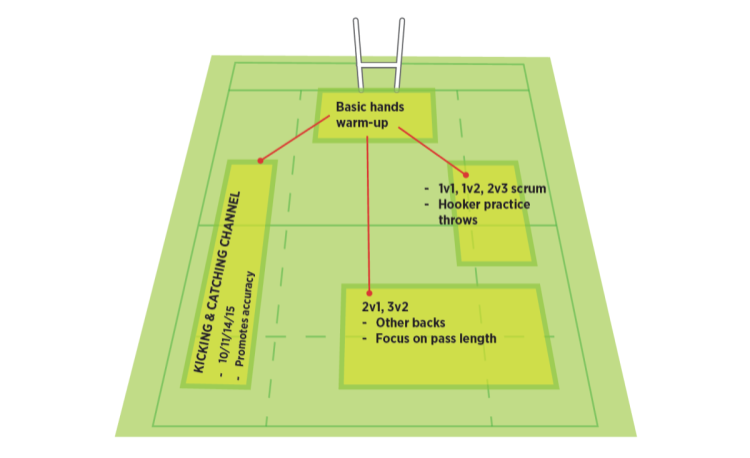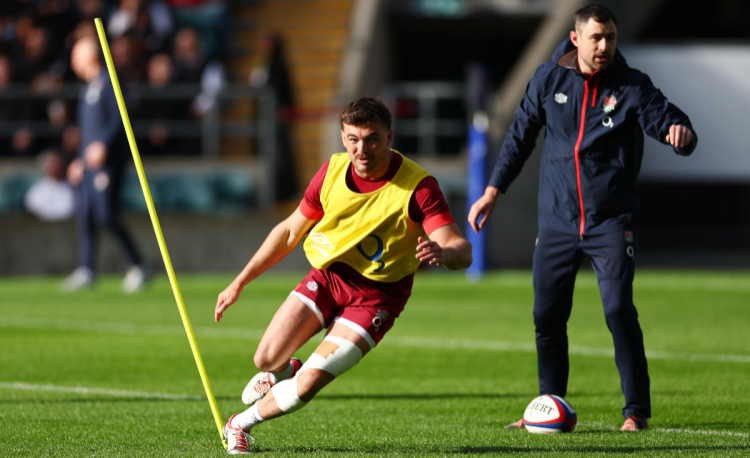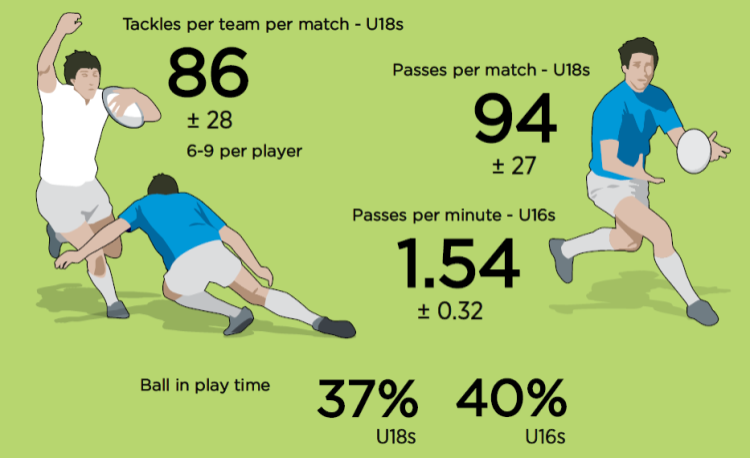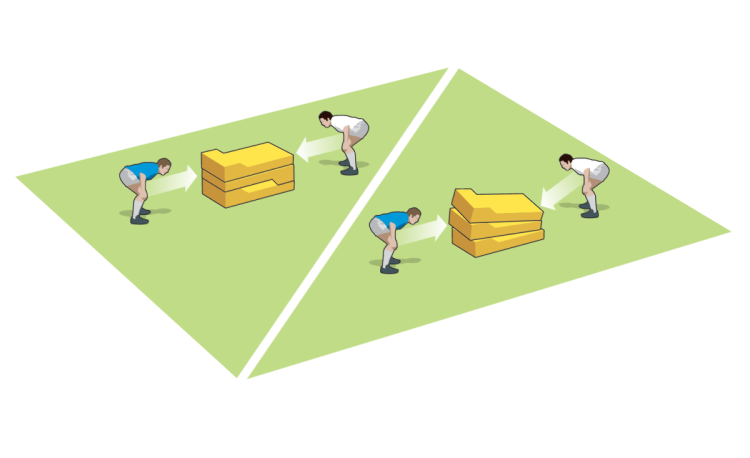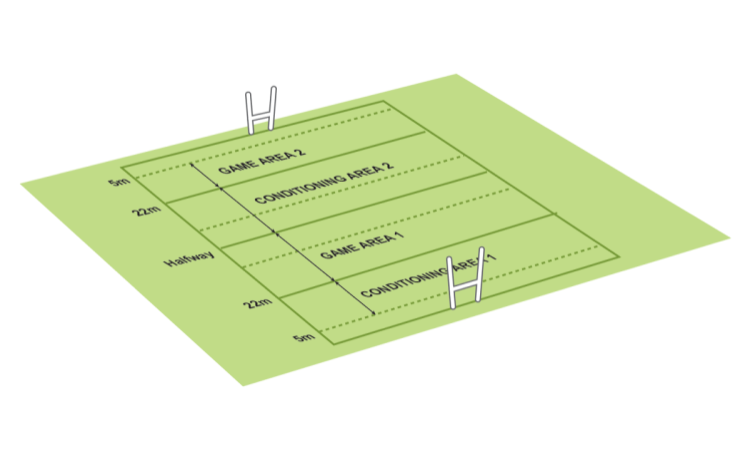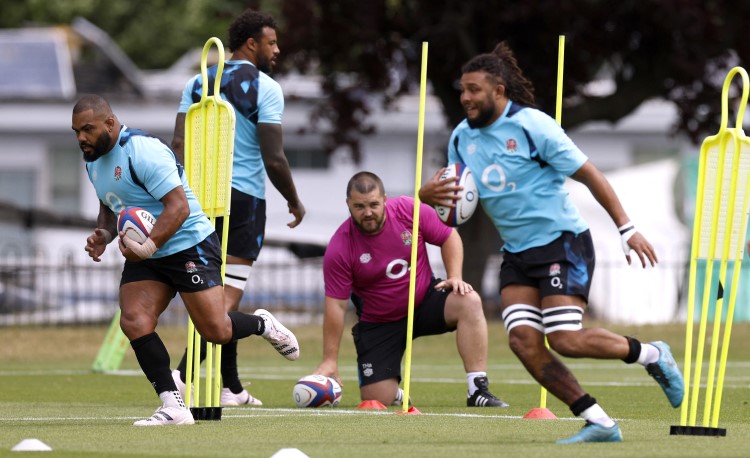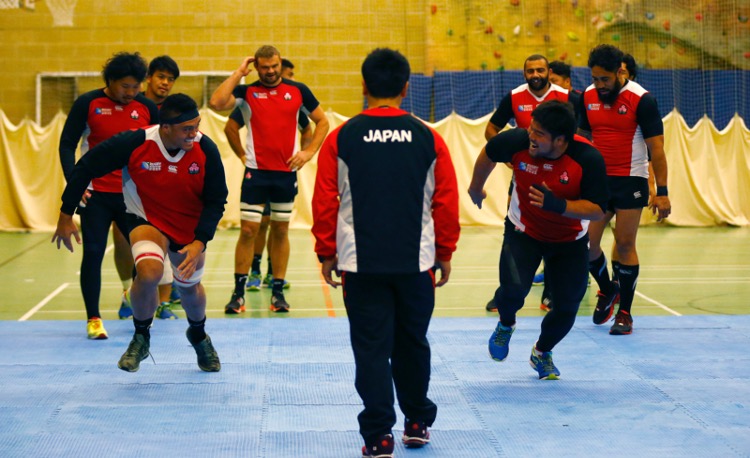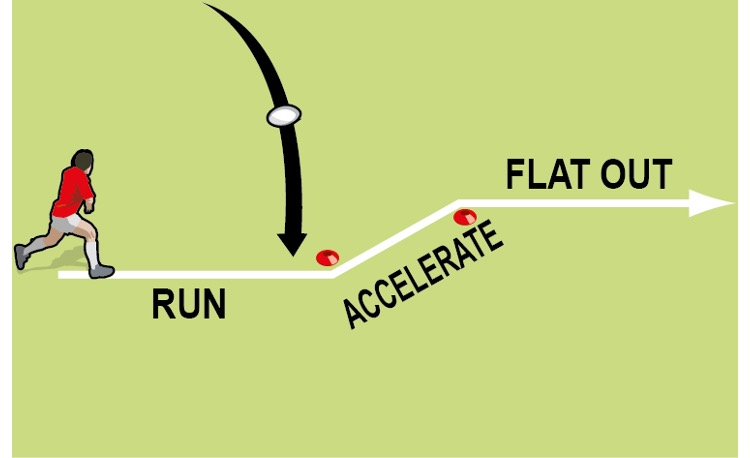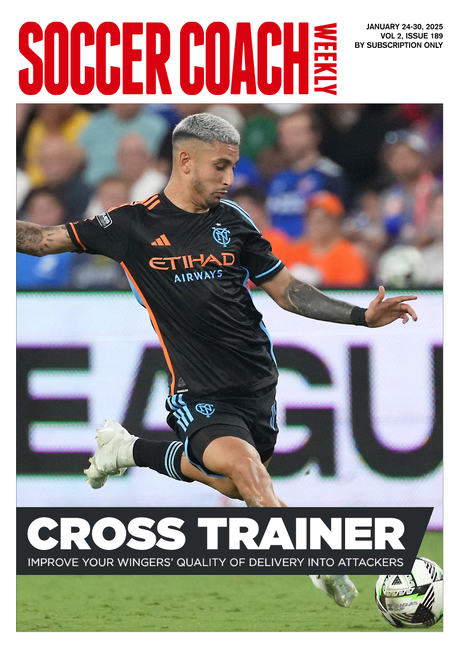Using periodization ideas to vary rugby training intensity
Fitness & Conditioningby Dan Cottrell
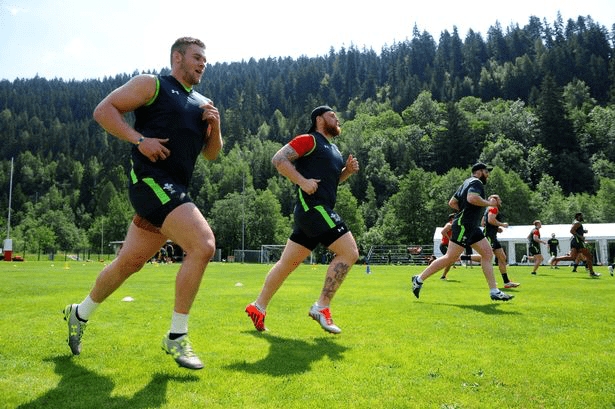
What's the point of periodization?
The ancient Greeks used basic periodization training plans over 2000 years ago. Since then almost every major athlete has used them to achieve their goals.
If you want to improve your team's performance you can't train the same way all the time. If you did, your players would simply adapt to the level of training, and their fitness and skills would settle at a fixed level. They'd also get bored.
Put simply periodization is about splitting your rugby year into "chunks" where different intensities and types of training take place, and then identifying achievable objectives or goals for each chunk. In its simplest form this would mean pre-season, in season and off-season training periods. More sophisticated systems then split the year down into smaller chunks.
Jargon busting
Like many other areas of coaching the benefits of periodization can get lost amid all the jargon. So here are definitions for some of the terminology.
Microcycle: A set number of training sessions which form a recurring pattern throughout the season. So your microcycle might consist of a weekly training programme like this:
- Monday evening - rugby skills and fitness training.
- Wednesday evening - unit skills and team run.
- Sunday afternoon - game.
Macrocycle: A long period of training which is intended to accomplish a large overall goal, such as winning a league or cup. A macrocycle is made up of a number of different mesocycles. For most teams this would simply be "the season".
Adopting periodization - set SMART goals
Before the season starts sit down with the players (depending on their age and maturity) and your fellow coaches and set your goals for the season. Make sure these goals are SMART - Specific, Measurable, Agreed, Realistic and Time specific - and that they are written down accurately so you can refer to them throughout the season.
Mesocycles
First split the season into manageable chunks, your mesocycles. Using a calendar mark out all your games and training sessions, remembering the weeks when training will not be taking place because of holidays and other breaks.
Four weeks is probably a good length of time for a mesocycle, although you may want to work on a shorter timescale during certain parts of the season, for instance, pre season.
For each mesocycle look at the calendar and identify a specific goal. During pre season the goal might relate specifically to the players' fitness or their mastering of the team's set moves or game plan. There might be specific skills relating to your game plan which you want the players to become proficient at.
In season the goal might be to win two out of three games within a four-week mesocycle or not concede more than one try a game.
Weekly microcycles
Once you know your goal (or goals) for each mesocycle, you can break down what you need to do each week to achieve them. These weekly plans are your microcycles.
Newsletter Sign Up
Coaches Testimonials

Gerald Kearney, Downtown Las Vegas Soccer Club

Paul Butler, Florida, USA

Rick Shields, Springboro, USA

Tony Green, Pierrefonds Titans, Quebec, Canada
Subscribe Today
Be a more effective, more successful rugby coach
In a recent survey 89% of subscribers said Rugby Coach Weekly makes them more confident, 91% said Rugby Coach Weekly makes them a more effective coach and 93% said Rugby Coach Weekly makes them more inspired.
Get Weekly Inspiration
All the latest techniques and approaches
Rugby Coach Weekly offers proven and easy to use rugby drills, coaching sessions, practice plans, small-sided games, warm-ups, training tips and advice.
We've been at the cutting edge of rugby coaching since we launched in 2005, creating resources for the grassroots youth coach, following best practice from around the world and insights from the professional game.




